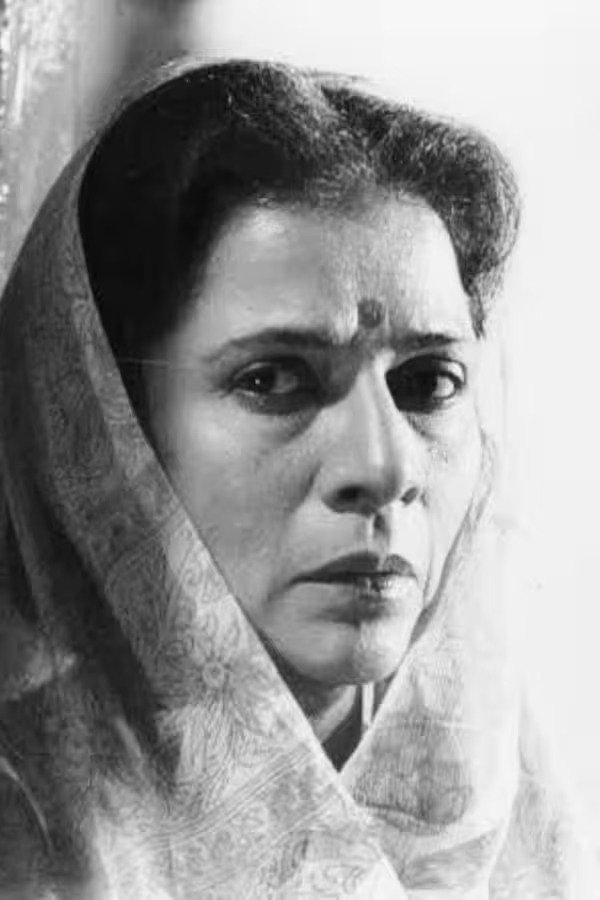
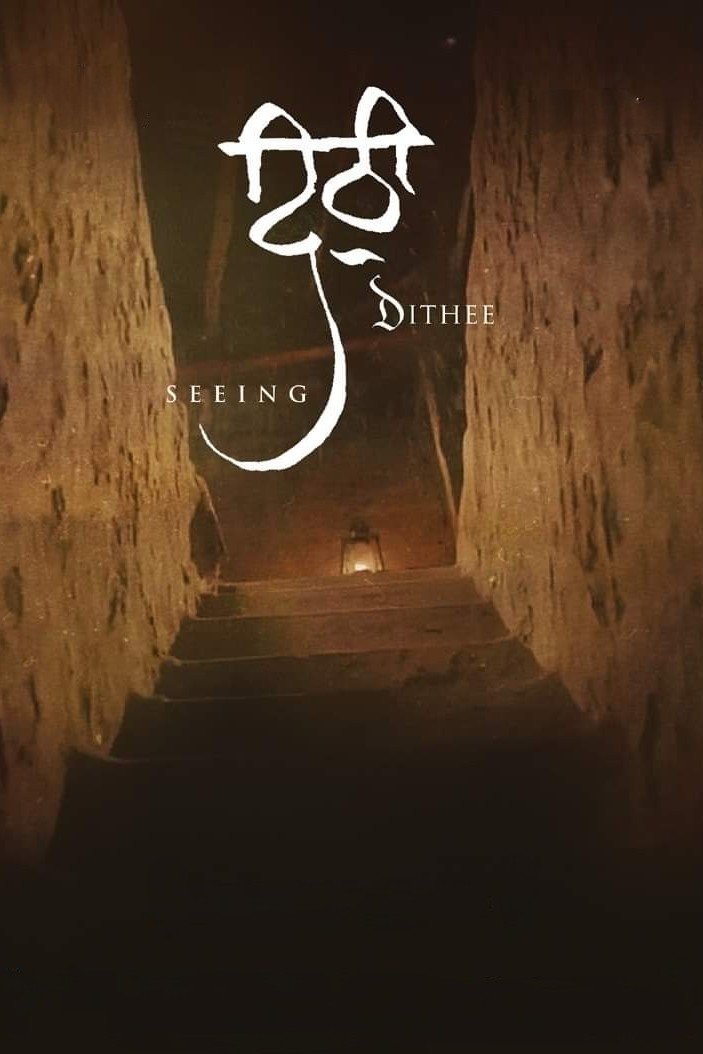
Dithee tells the story of a simple ironsmith and his journey of undergoing the pain of his son's death and experiencing the principle of non-duality.

After deciding to part ways with her husband, Professor Saudamini leaves along with her daughter and her mother-in-law, who is suffering from dementia. Saudamini`s return to her own house sends ripples across the family, as waves of contradictory emotions engulf them all. Welcome Home is the story of a group of people who find themselves caught up in a collective emotional turmoil, and how they strive to overcome these setbacks
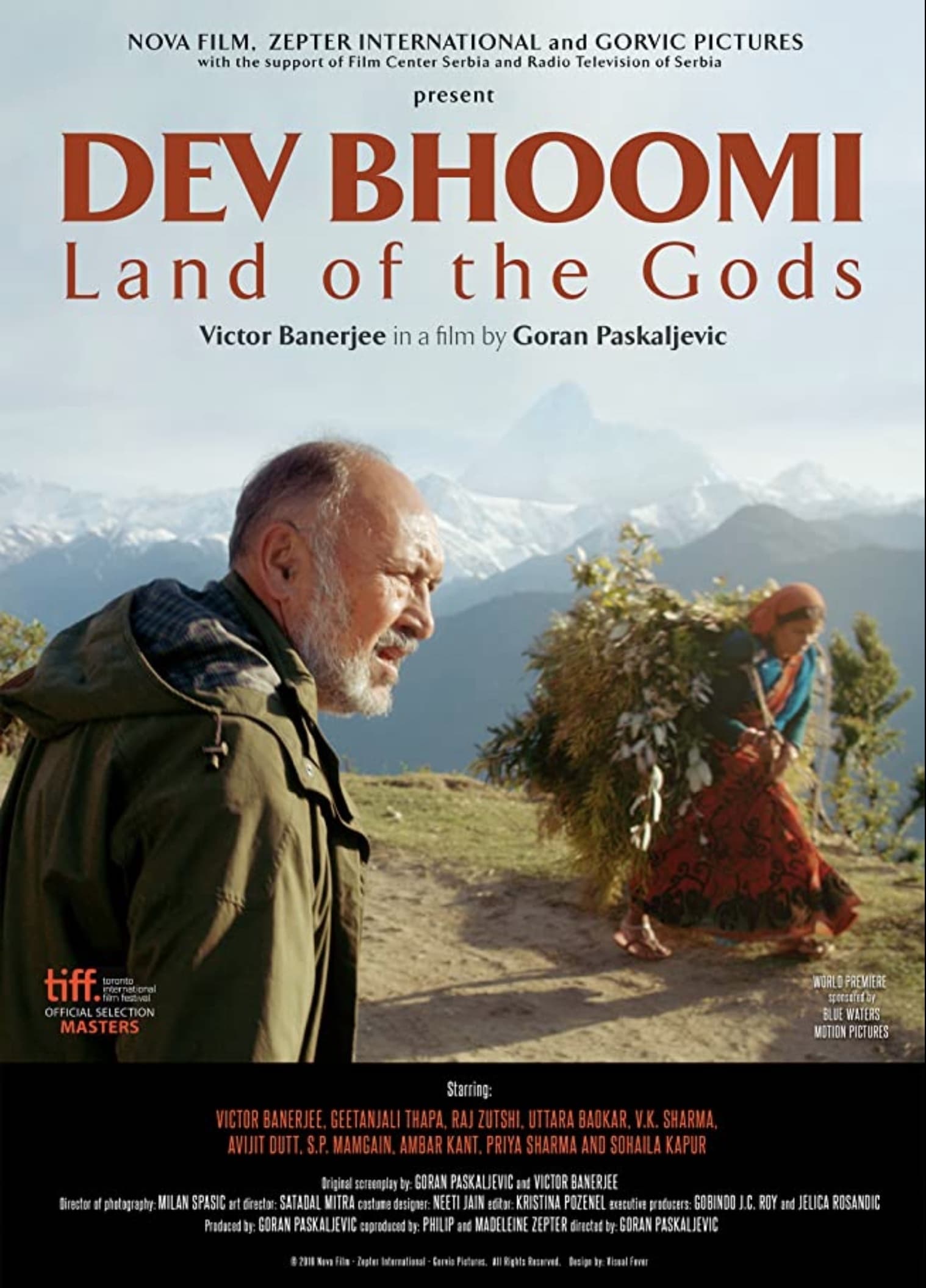
After a long exile, Rahul returns to his village in the Himalayas. It causes commotion amongst the villagers, who have never forgiven him for his sins in the past.

A collection of three comic-dramatic stories set in Mumbai. The first is about a diligent office worker who wins the office 'Fun Committee Award', which entitles him to a whole day full of fun. He is most reluctant to leave the safety of his cubicle but he has to. Prescribed fun modules have to be completed and non-compliance is not an option... The second story begins with a domineering head-of-the-family, Anil, who is on life support. Seeking some relief, his family decides to buy a TV, which Anil had banned. Now every night the family plugs into a popular soap whose hero, Purshottam, is a man ideal in every way and they are smitten. Then suddenly, comes the news that Anil is better and may be home soon. Will they have to let Purshottam go?... The third one centers on Aarti whose repetitive existence is slowly making her more and more mechanical and numb. Deep inside ferments a disconnect and unease that she is unable to articulate to anyone.
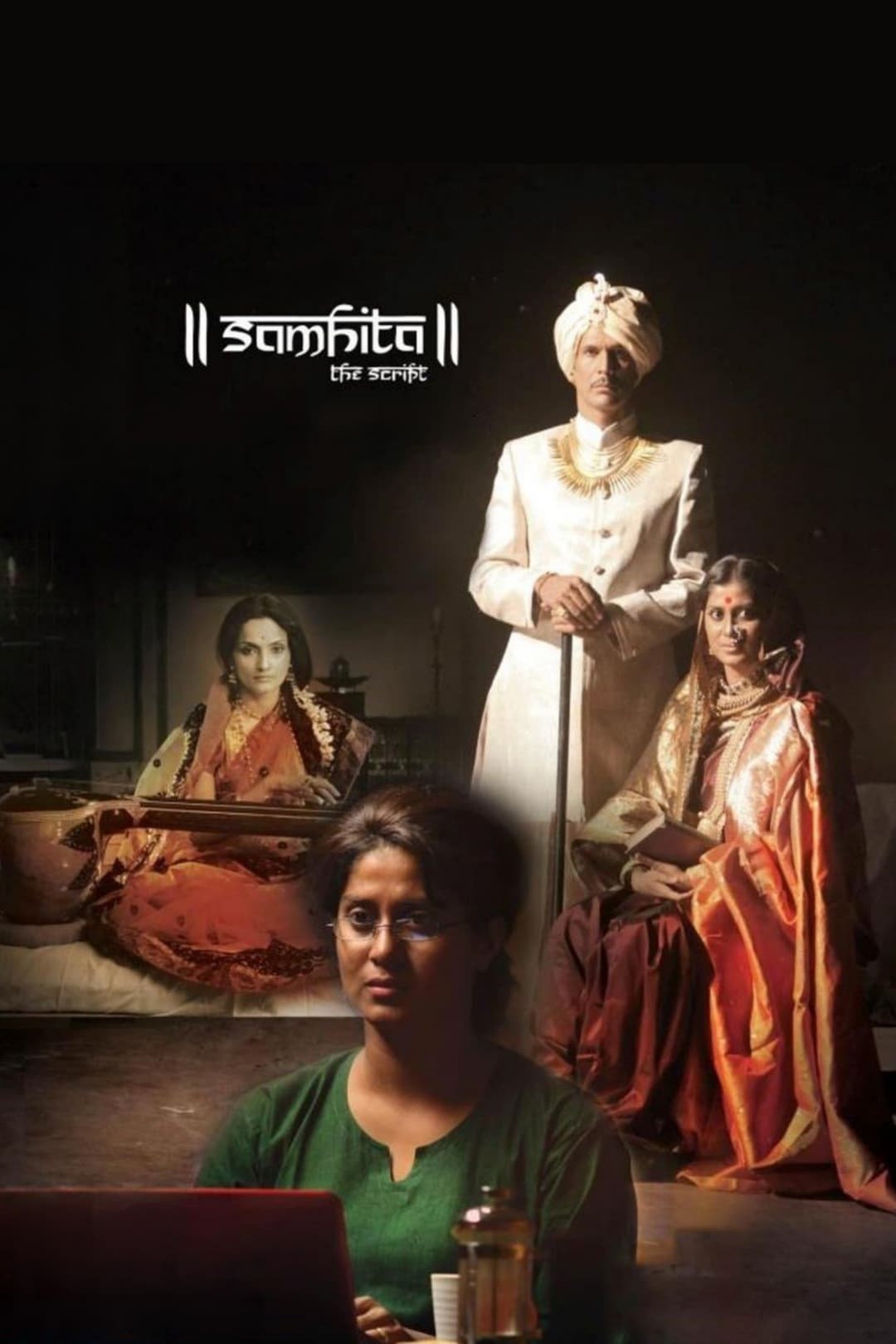
A filmmaker visualizes a British Raj Prince tale. The tale concerns a Prince married to his mother's niece. The king comes to the court-singer, though.
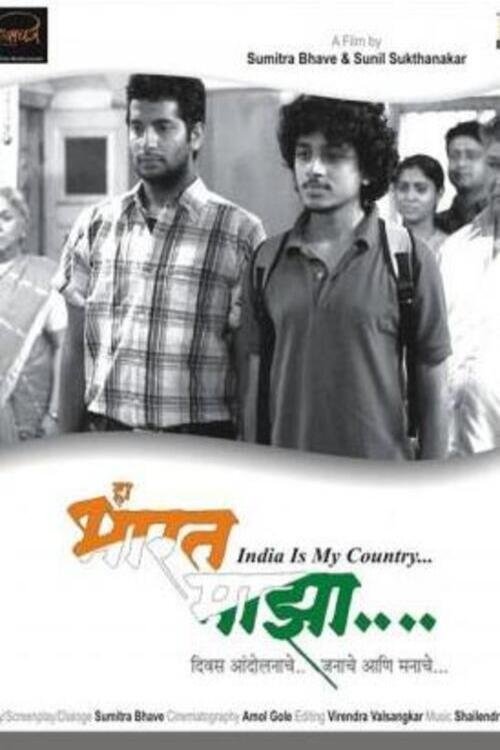
When Sukhatme's youngest son narrowly fails his entrance exams, the family are presented with a financial and moral conundrum.
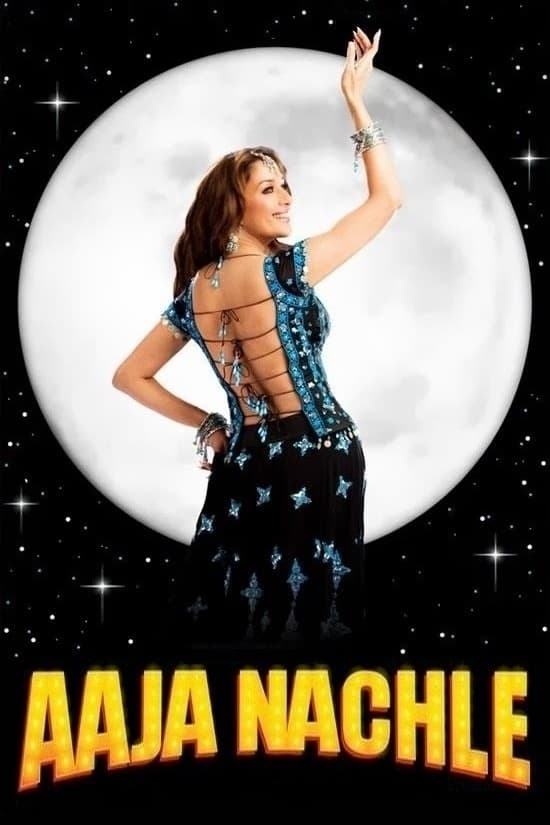
Dia is a divorced mom living in New York and must go back to India after she receives news that her guru is on his death bed. When she arrives she finds he is gone and has left her the responsibility of saving and reviving the Ajanta Theater where she used to dance. The problem is that the political officers want it torn down and turned into a shopping mall. The storyline follows Dia and her challenge to stand up for what she believes in and fight the cause to the end, while trying to win back the love and support of the people of the town whom she walked out on ten years prior.
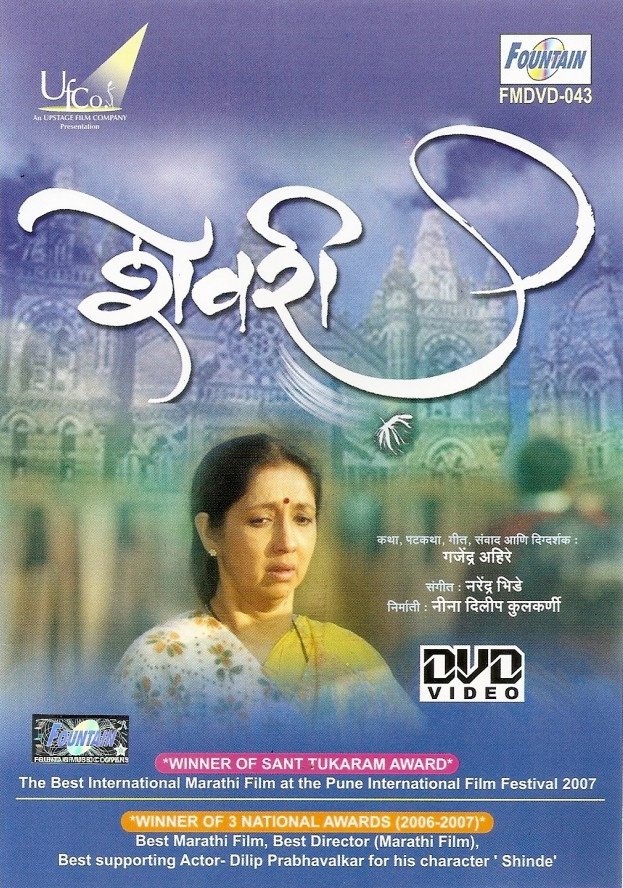
Vidya Barve, a divorced, working woman, is forced to spend the night on the streets of Mumbai. She recounts her spree of turbulent relationships and decides to start a new life.
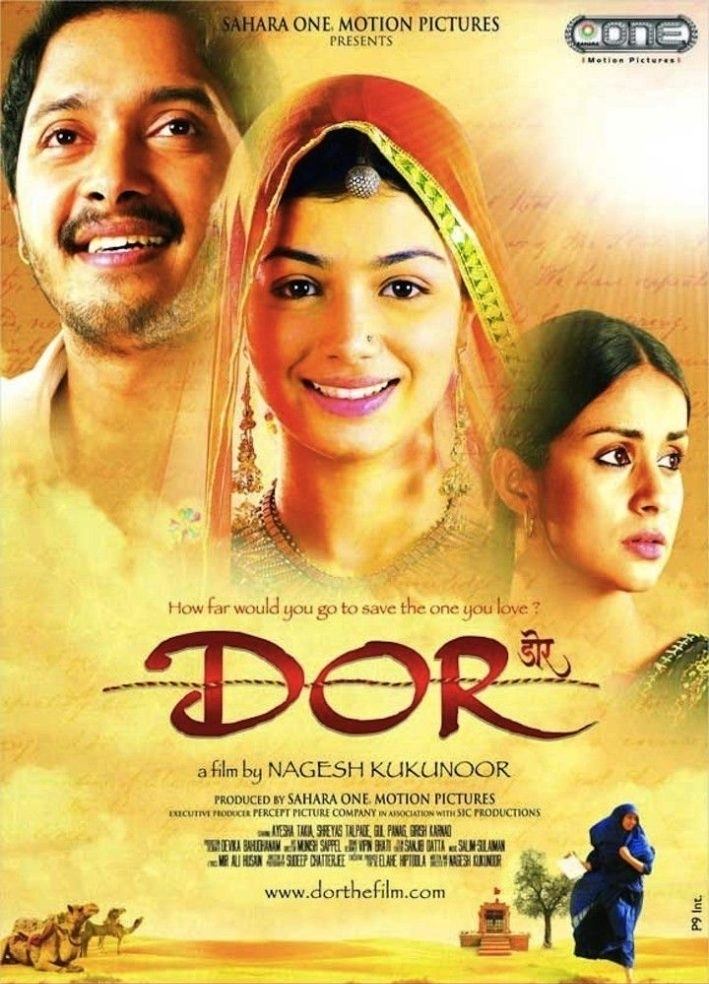
Shankar Singh and his wife, Meera, live in Jodhpur, Rajasthan, India along with widowed paternal grandmother, Laxmibai, his mom, Gowri, and dad, Randhir. The family feel that they are blessed after Meera's entry in this family. Shankar must go and abroad in Saudi Arabia and bids farewell to Meera, promising to keep in touch, which he does, and also sends them a large portion of his earnings, which is used to pay off the family's debts. Then when no word is received from him, a worried Meera phones, and is devastated to learn that Shankar has been killed by being thrown off a 10th floor balcony. Her status quickly changes, her jewelery, ornaments, fancy clothes are taken off, and she is told to remain indoors. wear dark clothes, and is only allowed to pray at a Mandir.
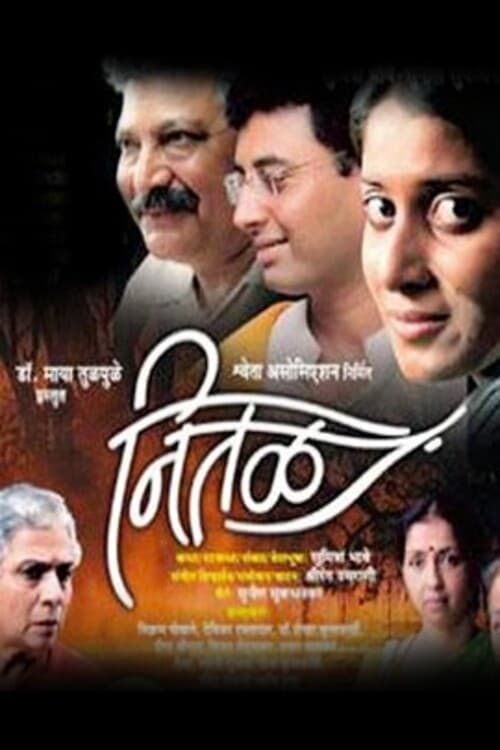
Neeraja has vitiligo, a skin disease that makes her a social outcast. She faces many challenges in her life but with her will power, she overcomes them all.
Uttara Baokar was an Indian stage, film, and television actress. She acted in several notable plays, such as Padmavati in 'Mukyhamantri', Mena in 'Mena Gurjari', Desdemona in Shakespeare's 'Othello', the mother in playwright Girish Karnad's 'Tughlaq', the nautch girl in 'Chhote Saiyad Bade Saiyad', and the lead role of Umrao in 'Umrao Jaan'. In 1978, she directed Jaywant Dalvi's play 'Sandhya Chhaya', translated to Hindi by Kusum Kumar. In 1984, she won the Sangeet Natak Akademi Award for Acting (Hindi theatre). She appeared in Marathi films such as 'Doghi' (1995), 'Uttarayan' (2005), 'Shevri' (2006), and 'Restaurant' (2006). Description above from the Wikipedia article Uttara Baokar, licensed under CC-BY-SA, full list of contributors on Wikipedia.
By browsing this website, you accept our cookies policy.